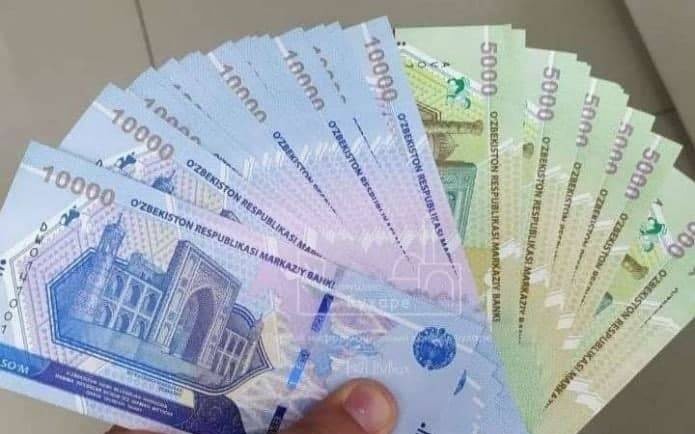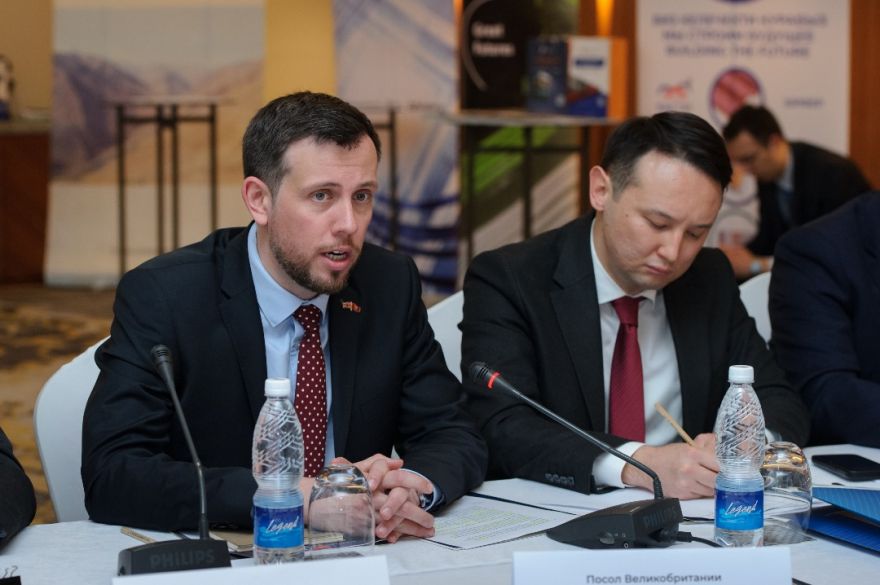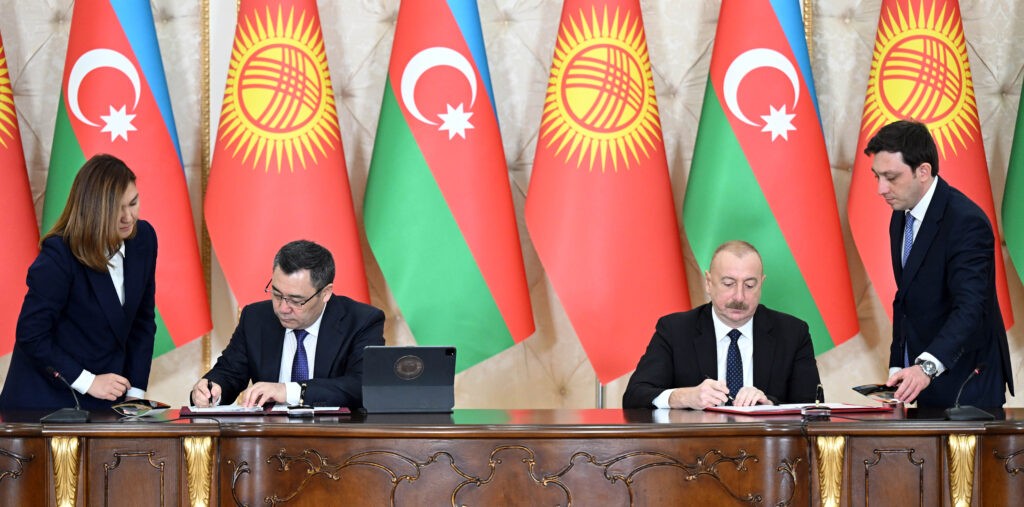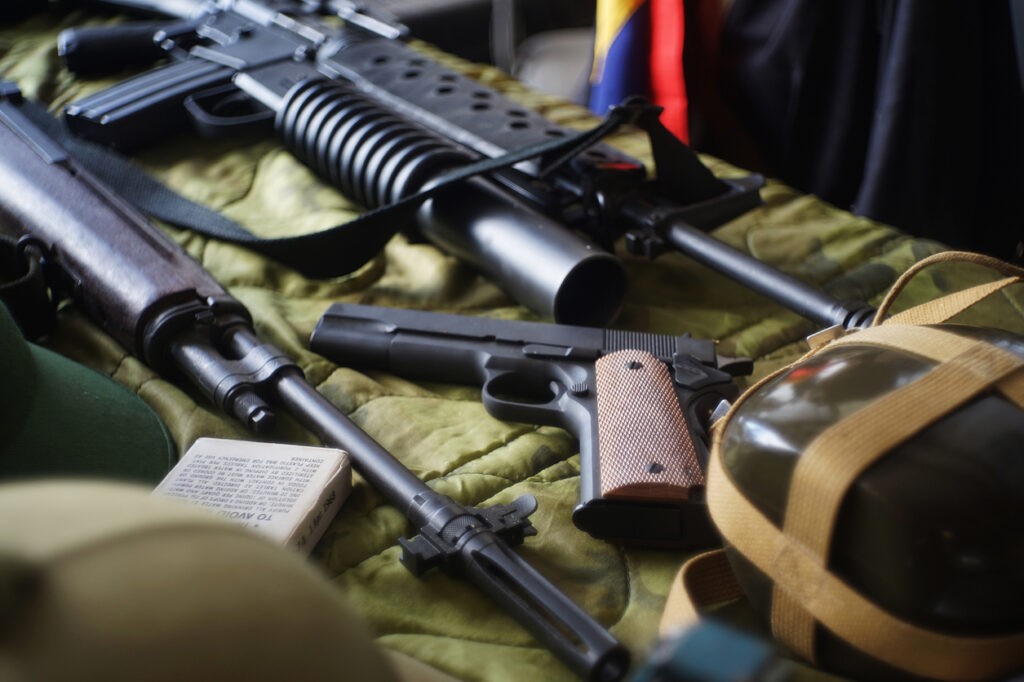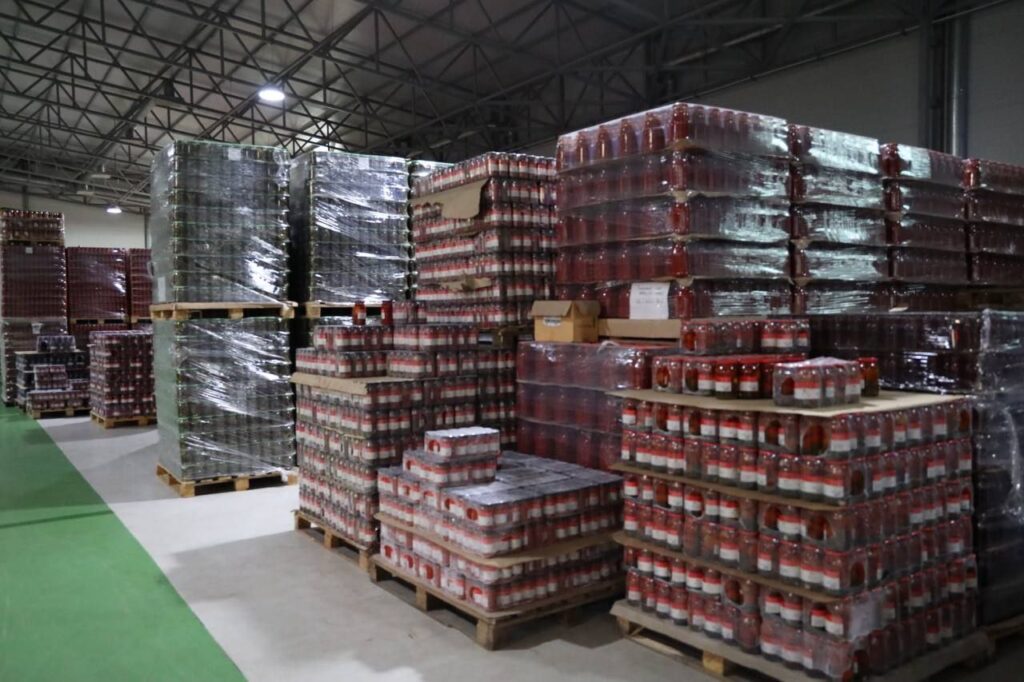Wages in Uzbekistan Continue to Rise in Early 2024
According to the Uzbek Statistics Agency, as of the end of the first quarter of 2024, the average monthly nominal salary in Uzbekistan reached $389. This translates to an increase of almost 20% compared to the same period last year. Average wages are among the highest in the capital of Tashkent ($640) and the Navoi region ($514). Workers in the banking, insurance, credit and professional services spheres earn the most, at $1,043 per month. In the IT sector, Uzbeks earn $925 on average. The lowest wages are traditionally paid to workers in education and healthcare; in the first quarter of 2024, their salaries averaged $269 and $253, respectively. Since 2019, average salaries in Uzbekistan have increased from $183 to $389. For 2023, all Commonwealth of Independent States (CIS) countries saw an increase in average monthly wages. The highest rates of growth were recorded in Armenia and Belarus. Average wages in the CIS countries in 2023 were as follows (based on state statistics): 1. Tajikistan - 2,013.11 somoni ($183) 2. Uzbekistan - 4.5 million som ($360) 3. Turkmenistan - 1,200 manat ($360) 4. Kyrgyzstan - 33,664 som ($376) 5. Azerbaijan - 942 manat ($550) 6. Belarus - 1,991.2 rubles ($616.50) 7. Armenia - 266,990 dram ($660) 8. Russia - 73,709 rubles ($805) 9. Kazakhstan - 393,605 tenge ($874)


